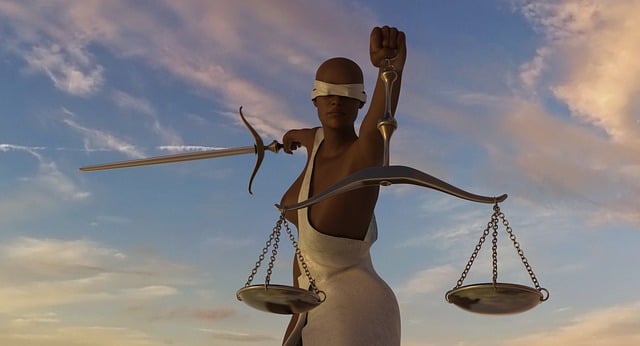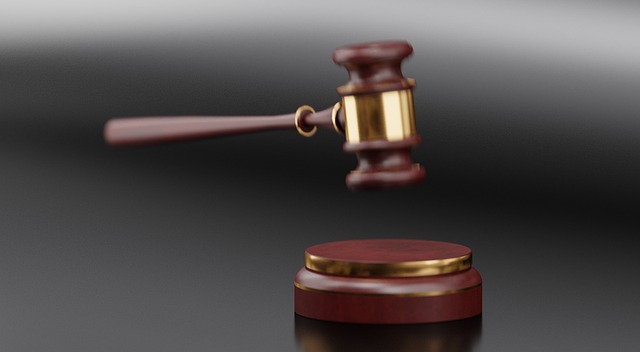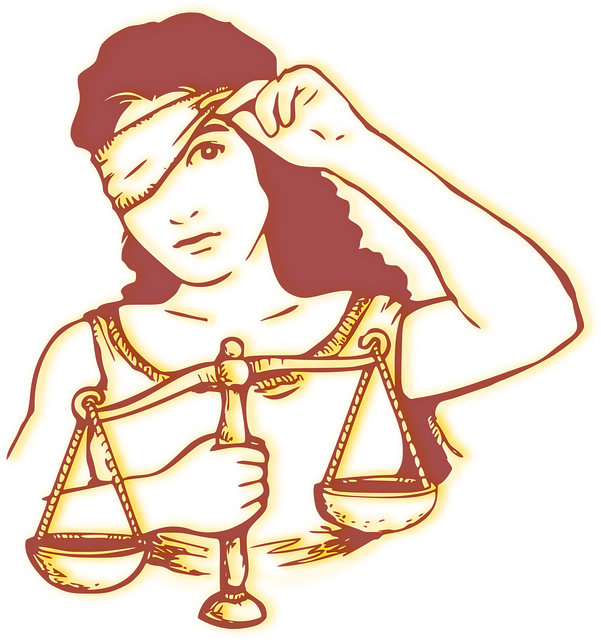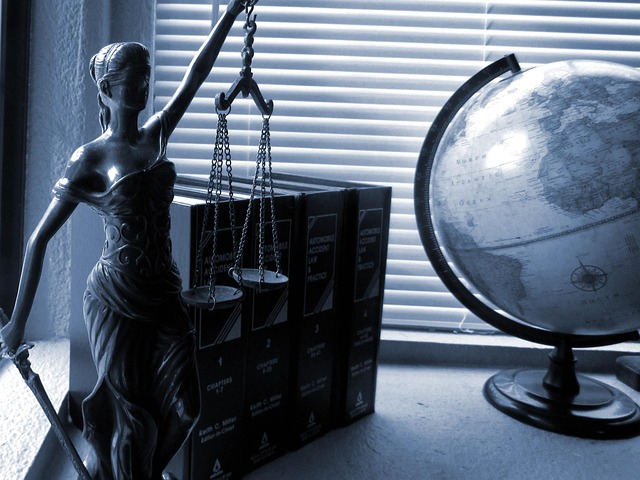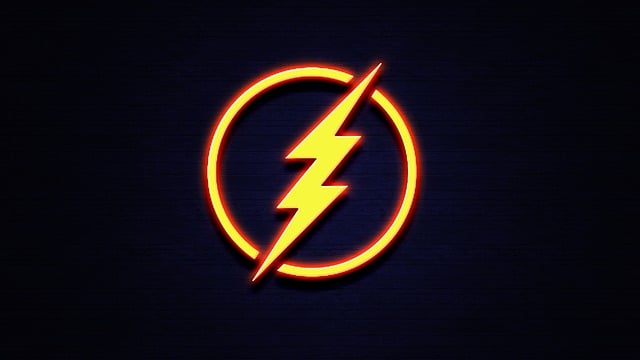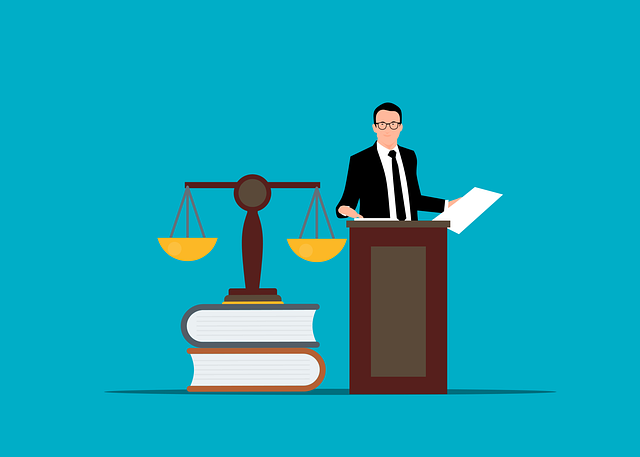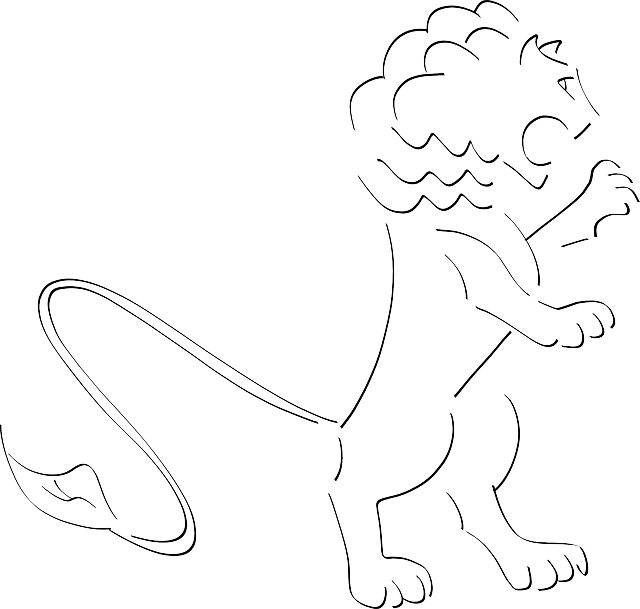Whistleblower Protection Laws safeguard individuals exposing illegal/unethical activities, promoting accountability and public safety. They combat Prosecutorial Misconduct and Ethical Violations by offering legal frameworks protecting whistleblowers from adverse consequences. These laws encourage reporting without fear of retribution, fostering a culture where systemic issues are addressed and justice upheld. Successful whistleblower lawsuits offer financial compensation, deter misconduct, and restore public trust, with increasing recognition as crucial tools for holding perpetrators accountable. Understanding state/federal laws is vital for navigating legal avenues and seeking redress against retaliation, especially in white-collar crime cases.
“Whistleblower Protection Lawsuits: A Vital Tool for Accountability and Justice
In today’s complex legal landscape, whistleblower protection lawsuits play a pivotal role in holding individuals and organizations accountable. This article delves into the intricacies of these legal actions, focusing on key aspects such as understanding whistleblower laws, addressing prosecutorial misconduct, and exploring the impact of ethical violations.
We examine how whistleblowers navigate legal options when facing retaliation, and uncover the power of lawsuits in driving accountability and fostering reform, particularly in cases of prosecutorial misconduct and unethical practices.”
- Understanding Whistleblower Protection Laws
- Prosecutorial Misconduct: When Lawyers Break the Rules
- Ethical Violations and Their Impact on Whistleblowers
- Navigating Legal Options for Wronged Individuals
- The Role of Lawsuits in Accountability & Reform
Understanding Whistleblower Protection Laws
Whistleblower Protection Laws are designed to safeguard individuals who expose illegal or unethical activities within their organizations. These laws recognize the vital role that whistleblowers play in promoting accountability and ensuring public safety, especially when they face significant risks and retaliation for speaking up. Understanding these protections is crucial, given the prevalence of prosecutorial misconduct and ethical violations across various sectors.
Many jurisdictions have established comprehensive legal frameworks to protect whistleblowers from adverse consequences, such as dismissal, harassment, or legal repercussions. These laws often encourage individuals with knowledge of wrongdoings to come forward while ensuring their privacy and safety. The impact of these protections is significant, fostering a culture where employees feel empowered to report criminal activities without fear of retribution, leading to an unprecedented track record of exposing and rectifying systemic issues.
Prosecutorial Misconduct: When Lawyers Break the Rules
In the complex world of whistleblower protection lawsuits, one critical aspect often overlooked is prosecutorial misconduct. When lawyers, who are expected to uphold the highest ethical standards, engage in ethical violations, it can have profound implications for the fairness and integrity of legal proceedings. This misstep can manifest in various ways, from withholding exculpatory evidence to making false statements or misrepresenting facts to the court. Such conduct undermines the very essence of justice, especially in cases where whistleblowers are seeking protection for exposing fraudulent or illegal activities.
Whistleblower protection laws aim to safeguard individuals who brave the risk of professional and personal harm to bring important issues to light. However, if the legal process itself is compromised by prosecutorial misconduct, it can lead to severe consequences. This includes the potential for a general criminal defense strategy to be severely hindered or even the possibility of securing a complete dismissal of all charges. Protecting whistleblowers from retaliation and ensuring their rights are respected requires not only robust legal representation but also adherence to the highest ethical principles by those involved in the prosecution.
Ethical Violations and Their Impact on Whistleblowers
Whistleblowers who expose unethical or illegal activities within organizations often face significant personal risks and challenges. Ethical violations, particularly those involving prosecutorial misconduct, can have profound impacts on their lives. When public officials or entities engage in improper conduct, such as fabricating evidence, withholding crucial information, or targeting whistleblowers for retaliation, it creates an environment of fear and intimidation. This can lead to severe consequences for the whistleblowers themselves, including job loss, legal repercussions, and even personal harm.
The effects of such violations extend beyond the individual. They undermine public trust in institutions and systems designed to uphold justice and integrity. Across the country, unprecedented track records of successful whistleblower lawsuits have emerged, demonstrating a growing recognition of the importance of protecting those who dare to speak out against misconduct. These cases not only provide financial compensation but also serve as powerful deterrents, discouraging future unethical behavior and ensuring that whistleblowers are protected from unjust indictment.
Navigating Legal Options for Wronged Individuals
When individuals become aware of Prosecutorial Misconduct or Ethical Violations within their organizations, they often face a challenging road ahead. Navigating legal options in such scenarios requires a strategic approach to protect their rights and ensure justice. Whistleblower protection lawsuits provide a legal avenue for those who have suffered repercussions for exposing wrongdoings. This is especially crucial in cases of white-collar crime where corporate and individual clients might be vulnerable to retaliation, aiming to avoid indictment by silencing potential witnesses.
The process involves careful consideration of state and federal laws designed to safeguard whistleblowers. These legal protections are essential tools to combat unethical practices and hold perpetrators accountable. By taking a proactive stance, individuals can seek redress for their experiences, ensuring that they are not left to bear the burden of exposing corporate or governmental misconduct alone.
The Role of Lawsuits in Accountability & Reform
Lawsuits play a pivotal role in promoting accountability and driving reform within organizations, especially when it comes to addressing prosecutorial misconduct and ethical violations. When individuals within an institution bravely step forward to expose wrongdoings, legal action becomes a powerful tool for ensuring justice and preventing future abuses. These lawsuits not only seek redress for the harmed parties but also serve as a deterrent, encouraging ethical behavior across the industry.
Across the country, numerous cases have highlighted the significance of litigation in holding powerful entities accountable for their actions. In the realm of white collar defense and white collar and economic crimes, lawsuits have been instrumental in uncovering systemic issues, leading to regulatory changes and enhanced legal frameworks. This process fosters a culture of transparency and integrity, making it more challenging for misconduct to go unpunished or unnoticed.
Whistleblower Protection Laws play a pivotal role in upholding justice, ensuring individuals can expose wrongdoing without fear of retaliation. While these laws provide a framework for accountability, instances of prosecutorial misconduct and ethical violations by legal professionals can still pose significant challenges to whistleblowers. Understanding the dynamics between these issues and their impact on victims is crucial for navigating the complex legal landscape. By recognizing the role of lawsuits in promoting accountability and driving reform, we can strengthen protections for those who dare to speak truth to power.
